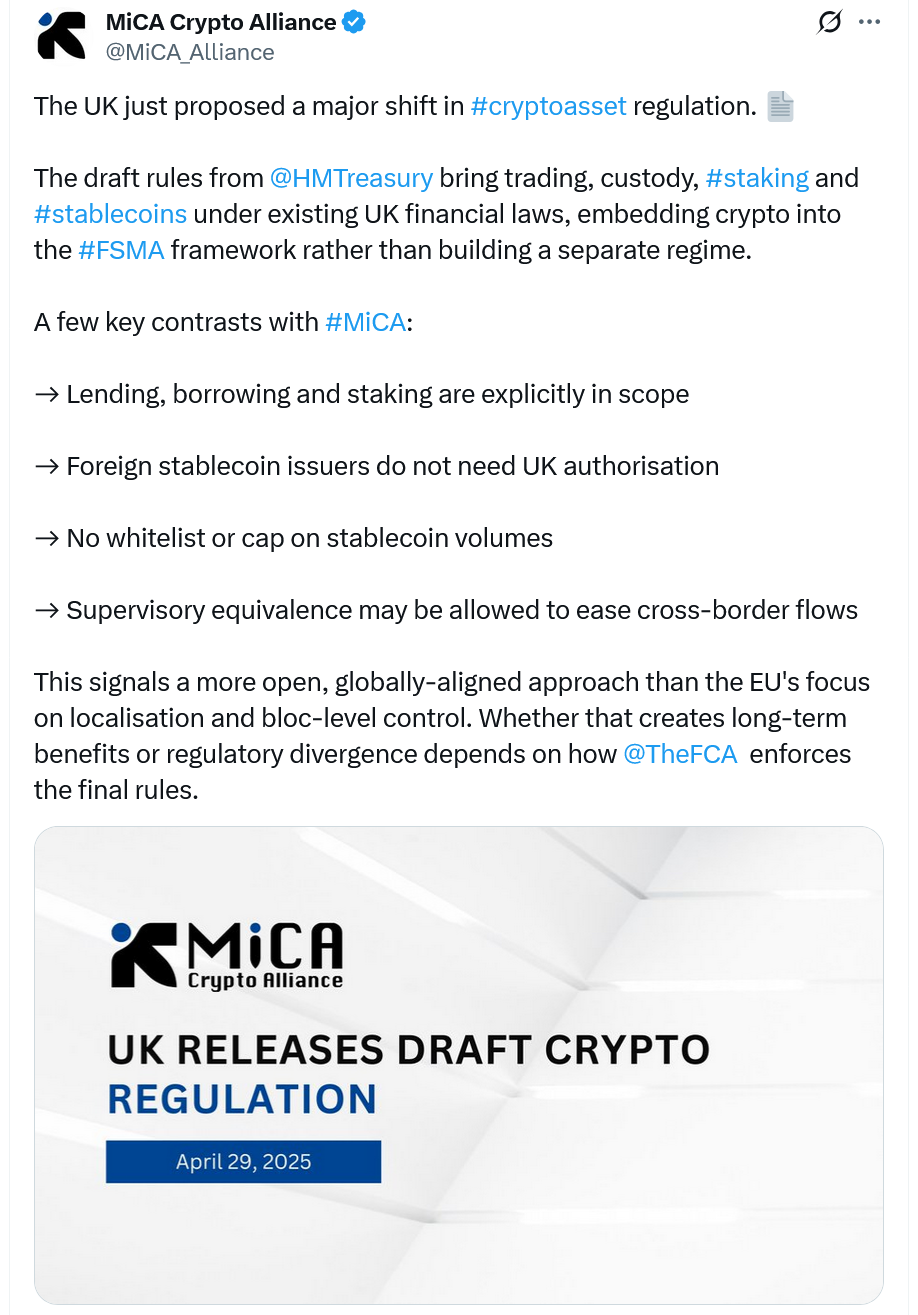
UK Crypto Firms Face New Reporting Mandate
The United Kingdom is taking a significant step towards greater transparency in its cryptocurrency market. Beginning January 1, 2026, all UK crypto companies will be obligated to collect and report detailed information on every customer trade and transfer. This sweeping new measure is part of the UK government’s broader effort to improve crypto tax reporting and combat financial crime.
The requirement, announced by the UK Revenue and Customs department, will necessitate the collection and reporting of extensive data for each transaction, including:
- Full name of the user
- Home address
- Tax identification number
- Cryptocurrency type
- Amount transacted
This reporting obligation extends to transactions involving companies, trusts, and charities operating on crypto platforms.
The UK Revenue and Customs department indicated that it will provide further guidance on compliance procedures in the future. However, they are urging crypto firms to proactively begin collecting the necessary data to ensure compliance readiness.

A New Era of Crypto Oversight
The new rule is a direct result of the UK’s implementation of the Organisation for Economic Co-operation and Development’s (OECD) Cryptoasset Reporting Framework. This framework aims to enhance transparency in crypto tax reporting by standardizing information sharing between participating countries.
This move reflects the UK government’s overarching goal of establishing a robust regulatory framework for the crypto industry. This framework aims to foster growth while safeguarding consumer interests and preventing illicit activities.
Concerns and Potential Implications
While the government emphasizes its commitment to fostering industry growth, the new reporting mandate has raised concerns about the potential impact on privacy and regulatory burdens for crypto firms.
Some argue that the extensive data collection requirements may be overly intrusive and raise concerns about the potential misuse of sensitive personal information. Additionally, the cost and complexity of implementing these new reporting systems could significantly impact smaller crypto businesses.
The UK’s approach to crypto regulation contrasts with the European Union’s Markets in Crypto-Assets Regulation (MiCA) framework, which introduced a comprehensive set of rules for the crypto sector last year. While both jurisdictions are committed to bolstering crypto oversight, their approaches differ in specific areas. For instance, the UK will allow foreign stablecoin issuers to operate without registration, while the EU may impose controls on stablecoin issuance to mitigate systemic risks.
The evolving landscape of crypto regulation will continue to shape the future of the industry. As nations navigate this new frontier, finding the right balance between promoting innovation and safeguarding financial stability will remain a key challenge.


